Terror attacks in education institutions have globally increased in recent years. These attacks taking different forms such as armed assaults, bombings, hostage takings, chemical attacks, and arson; causing a lot of suffering to students, teaching personnel and parents. The most notable of these attacks were cases in Somalia, Kenya, Cameroon, Burkina-Faso, Mozambique, Mali, Niger, Nigeria, Democratic Republic of Congo and Kabul University in Afghanistan, just to mention but a few, all these were victims of armed group attacks. These attacks have deformed schools from safe spaces into terrorists’ targets and this has translated into the closure of many schools and an increase in the number of school drop outs in the affected regions. Covid-19 has also added more challenges to the poor conditions of education and health systems in Africa.
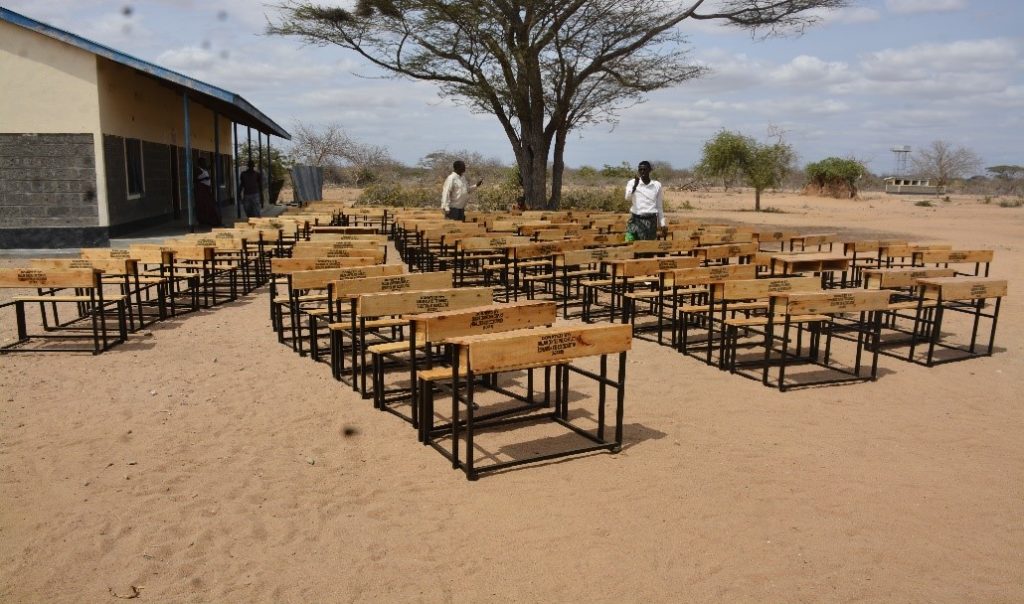
Shalom-SCCRR is greatly making an impact in improving the state of inter-ethnic and inter-religious schools and learning institutions in the county among them: Marodhile Primary School; Alikune Primary School and Borasis Primary School. The educational and development assistance was provided to these schools owing to the conditions of their learning facilities; the need in individual schools and requests from the communities to Shalom-SCCRR.
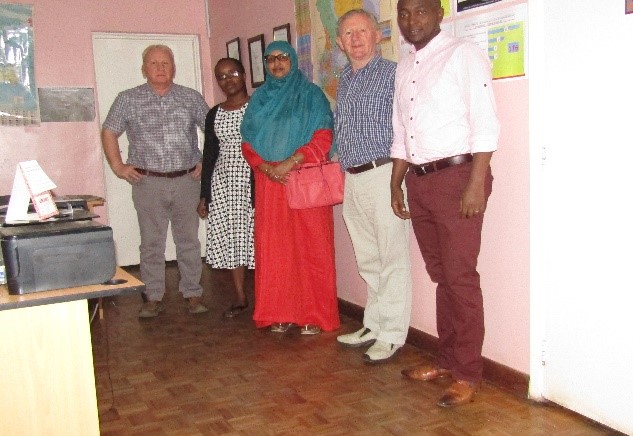
These three schools were individually provided with educational and infrastructural facilities namely desks; hand washing facilities, water tanks and sanitary facilities for the girls. The desks will reduce congestion in the classrooms and ultimately lead to improved student’s performance and increase the enrolment of pupils. Water tanks will be a big boost for storage in the schools, as they are located in dry arid areas characterised by erratic climatic conditions. The availability of water in these schools will help in improving sanitation among the pupils and environmental cleanliness. The provision of sanitary towels for the girls, will be essential for their continued schooling as few of the girls can afford them due to high poverty levels. The girl child education level in the county is very low due to the nomadic lifestyle of the communities and early marriages among the girl child.
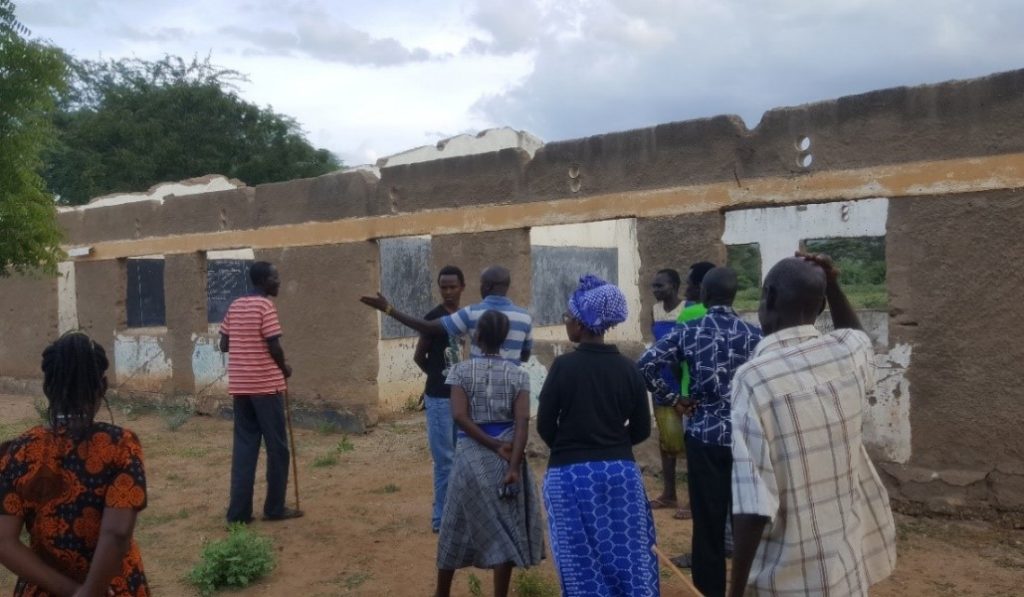
(All hope is not lost!)
Kenya’s Garissa County is located in the North-eastern region bordering Somalia to the East. The County was in national and global news headlines in April, 2015 following a terror attack in Garissa University when 148 students were brutally killed by an extremist group Al-Shabaab. The incident was the second deadliest terrorist attack in Kenyan history.
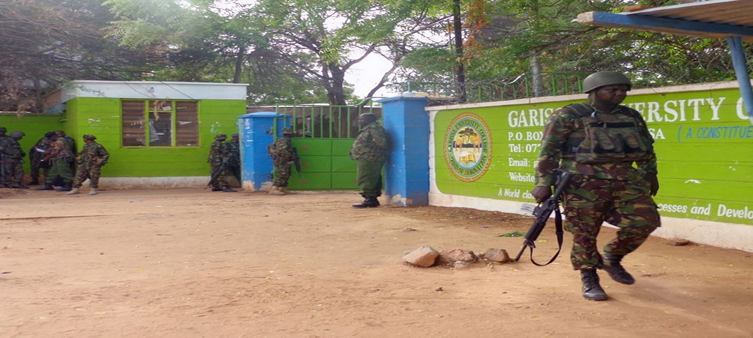
The county has been categorised as highly insecure owing to its proximity to Somalia as well as Dadaab refugee camp, which is the largest refugee camp in the world hosting hundreds of thousands of vulnerable refugees. The terrorist attacks in the county have continuously taken different tactics from kidnapping foreigners/humanitarian workers, to hijacking buses, attacking police stations and attacking educational institution.
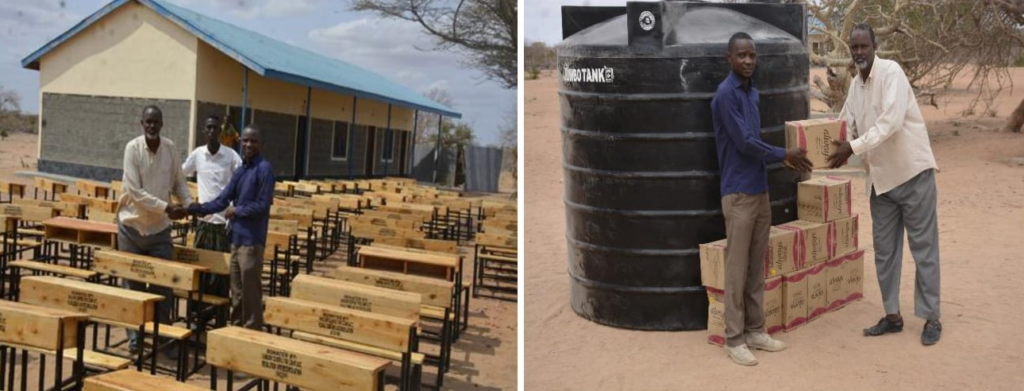
There are a number of intertwined causes of conflict in Garissa; structural causes that have led to political and economic marginalization and a continuous cycle of violence between the security agents and civilians, a struggle for political power based on inter-clans rivalries and radicalisation making the county an epicentre for terror attacks from extremist groups .
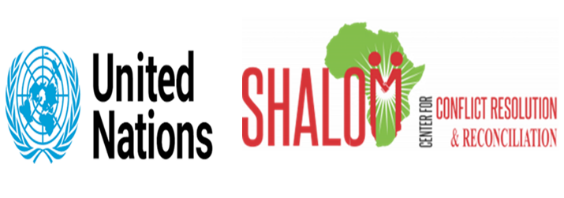
The adoption and implementation of the Security Council Resolution 2178 (2014) by nations affected by foreign terrorist fighters was an integrated action with the realization of the challenges facing these individual states. This Resolution is a counter-terrorism approach in addressing the underlying causes of radicalization and violent extremism and addressing them through the empowering of the youth and the fostering of inclusivity of education institutions. Education is a tool for addressing radicalization and violent extremism (CVE). Furthermore education is crucial to the development of peaceful societies.
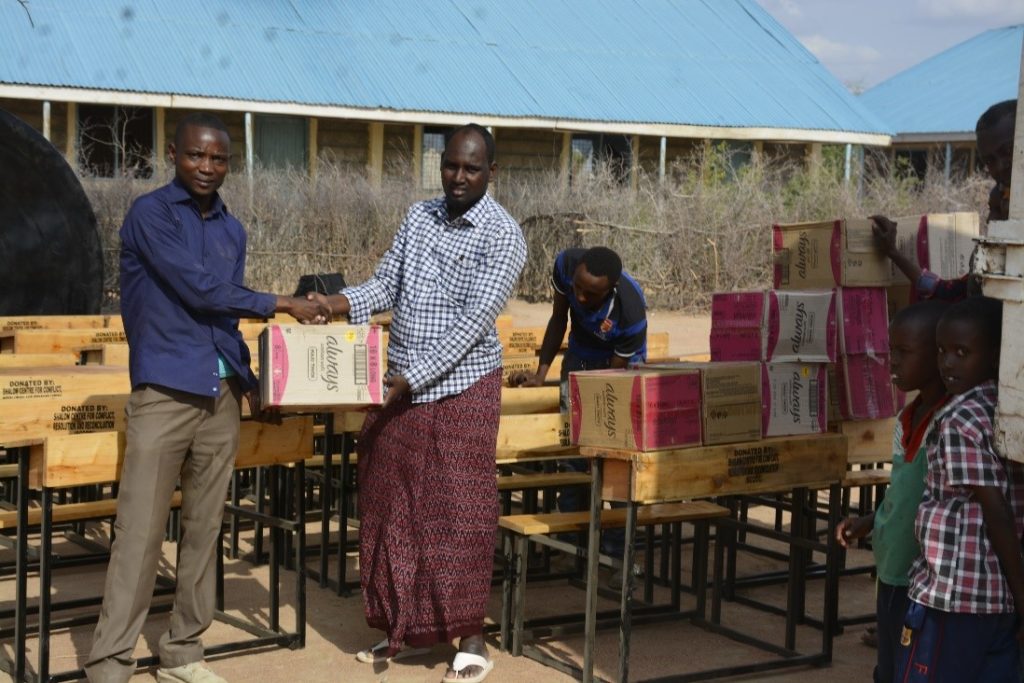
Educational institutions especially of higher learning (Universities) are a platform where ideas of many different ideologies, opinions, and viewpoints are shared, constructed and deconstructed. This will be imperative in this county far too often characterised by high radicalisation and extremist terror activities underpinned by illiteracy rates which stands at 74% with the literacy level at 8.2 %. In terms of literacy, men are more literate than women, hence the urgent need for promoting girl child education in the county.
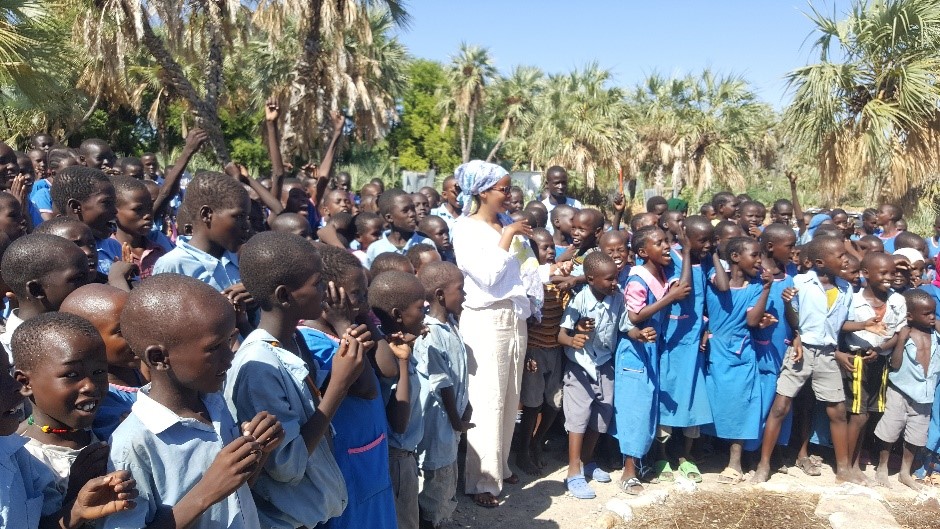
The continuous attack on education institutions stipulates the need for more effort and interventions among all stakeholders to make learning environments ‘safe heavens’ for students and pupils. Each and every child has a Right to Education, a fundamental human right (UDH article 26) augmented by the Sustainable Development Goals. ‘‘Ensure inclusive and equitable quality education and promote lifelong learning opportunities for all’’ (SDG 4). Shalom-SCCRR is totally committed to this cause and is on the frontline.
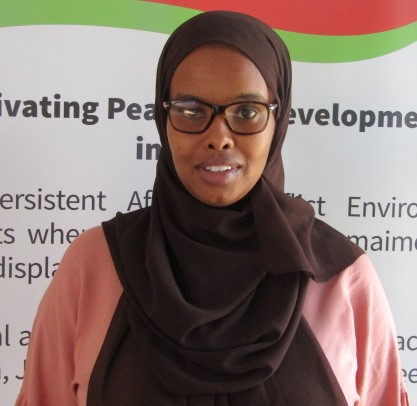
By Asha Said Awed, MA,
Program Assistant (Nairobi, Marsabit & Turkana-West Pokot Projects).
Shalom Center for Conflict Resolution and Reconciliation
Share this story

